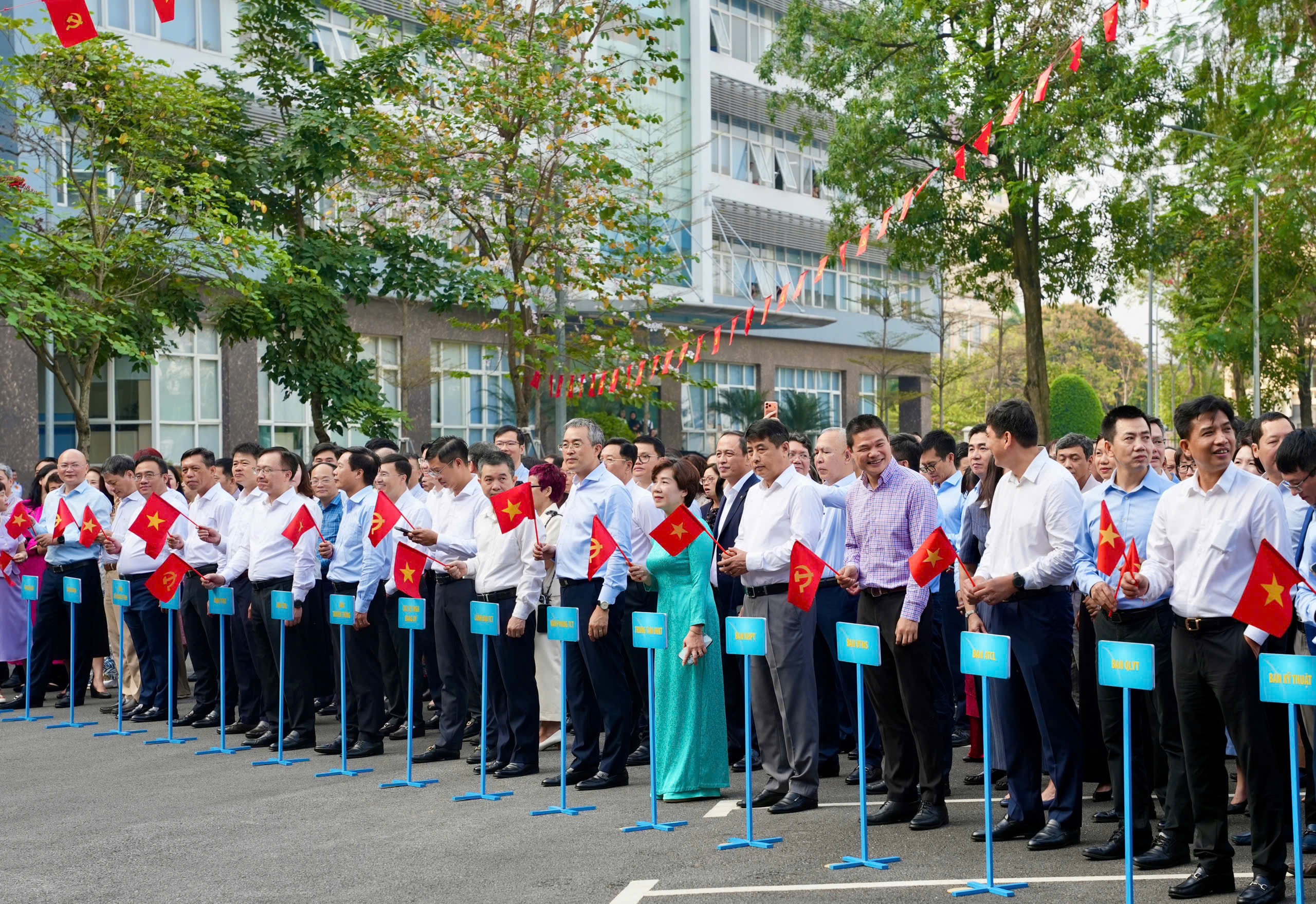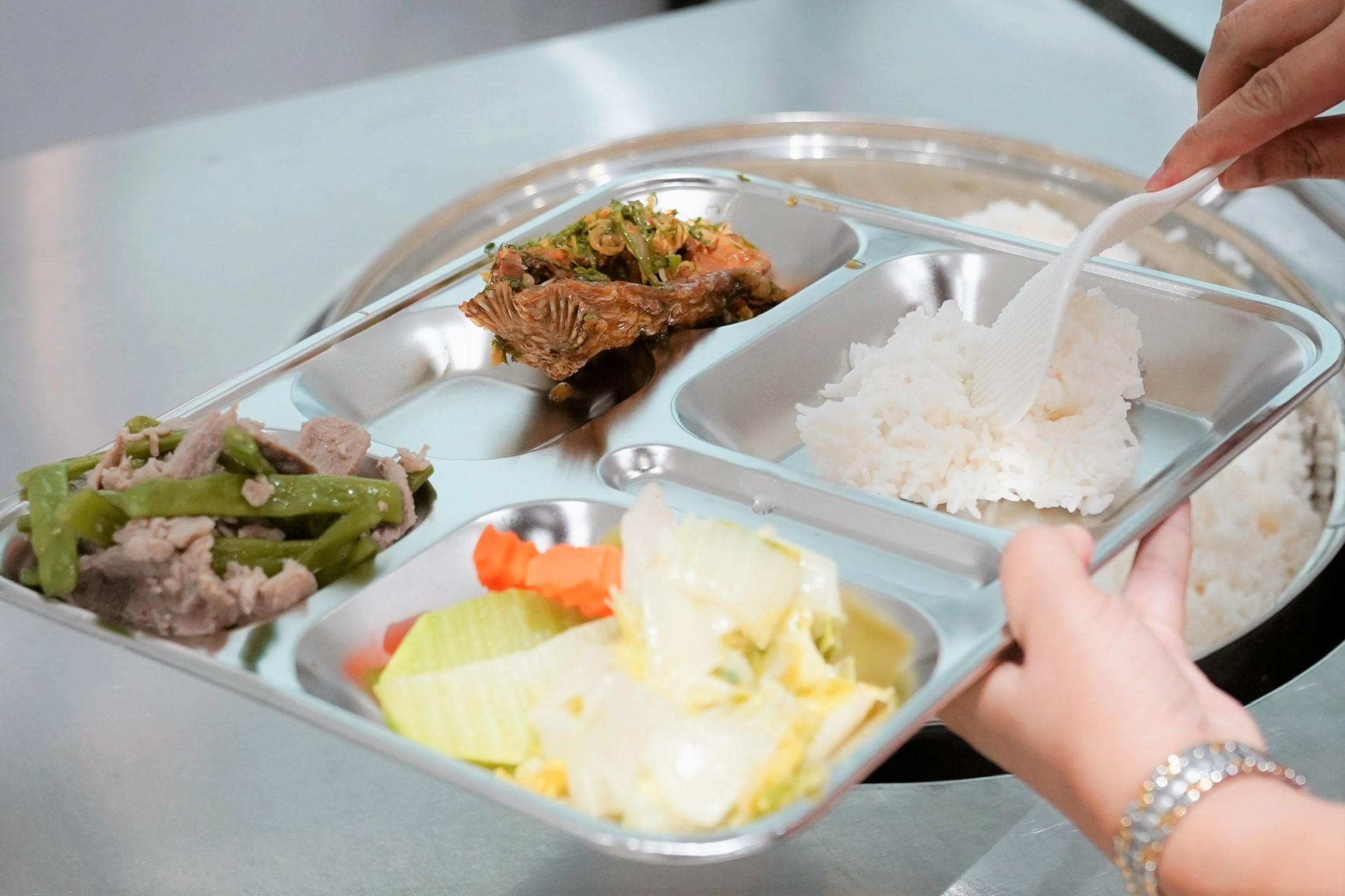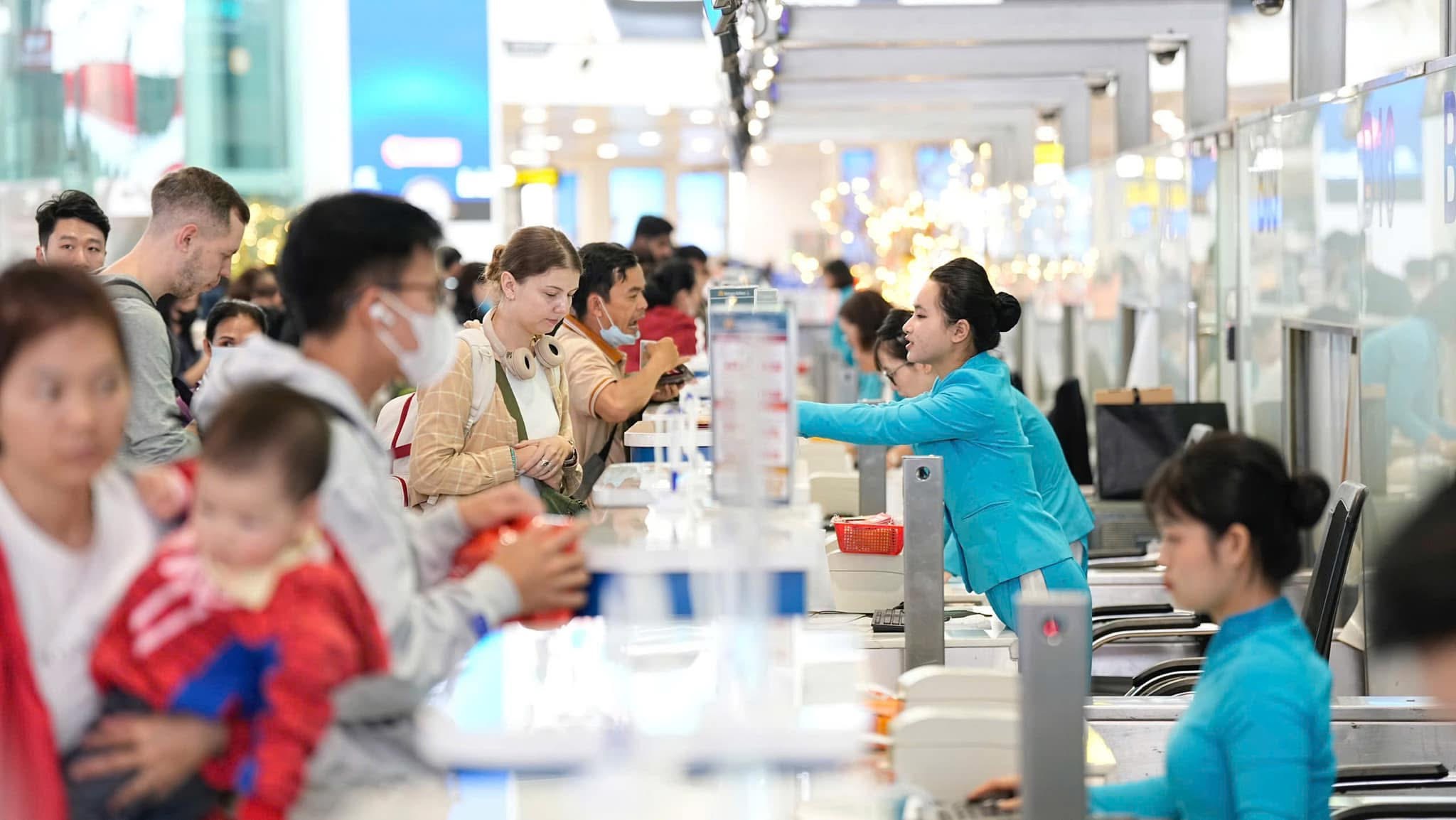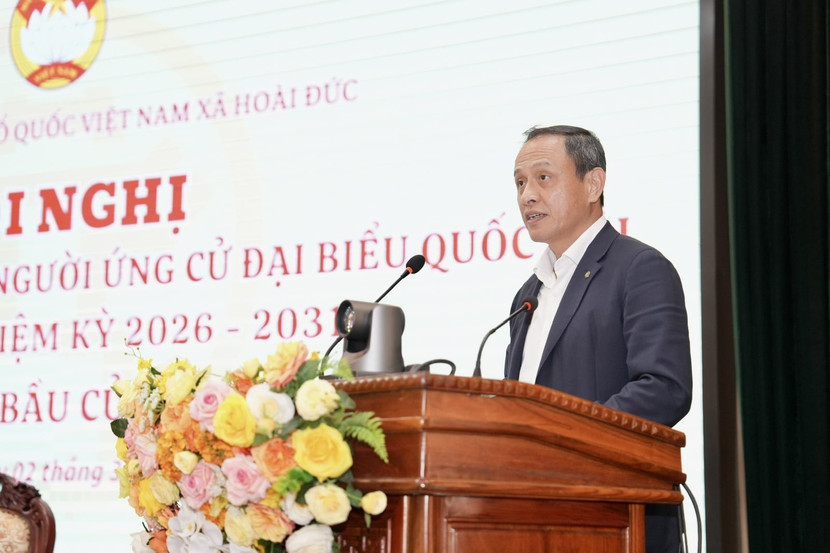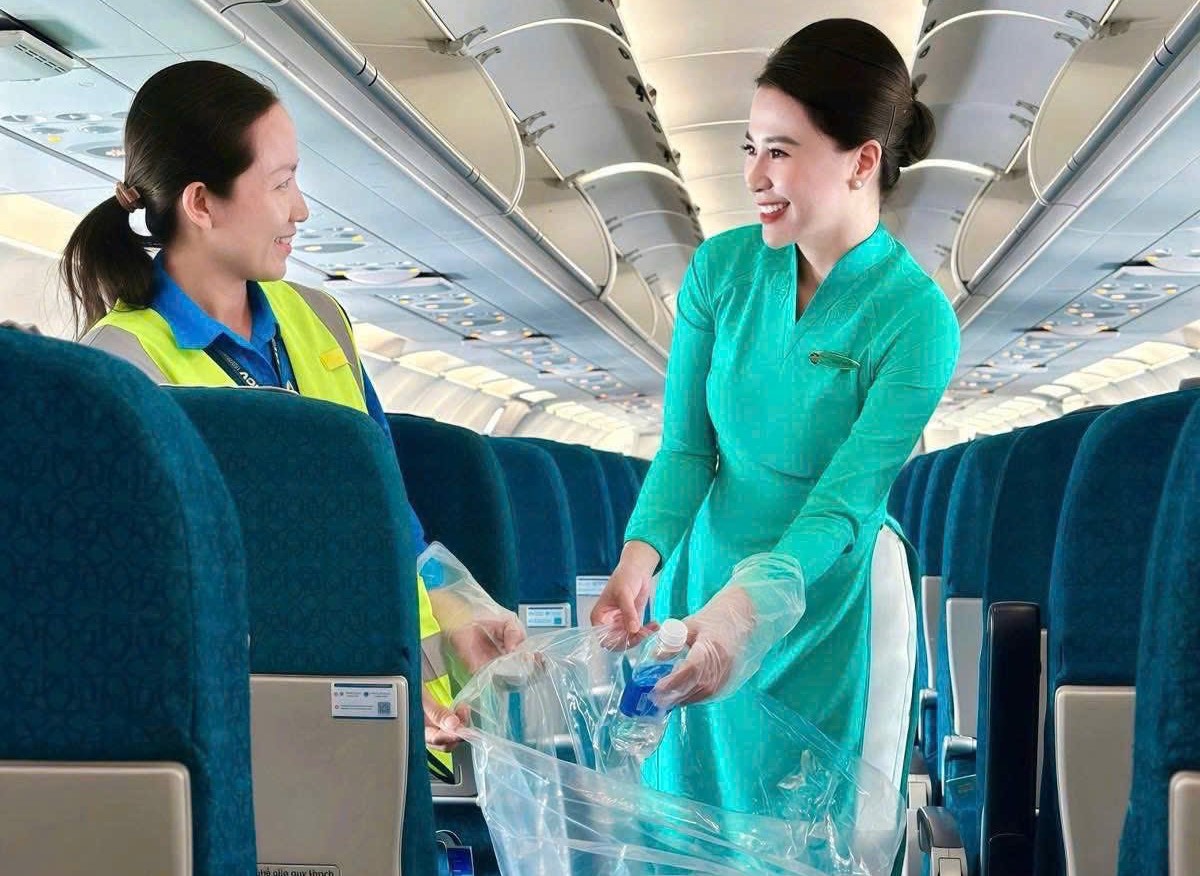Dutch airline KLM has launched a campaign asking people to fly less. The video and open letter from CEO Pieter Elbers asks: “Do you always have to meet face-to-face?” and “Could you take the train instead?”
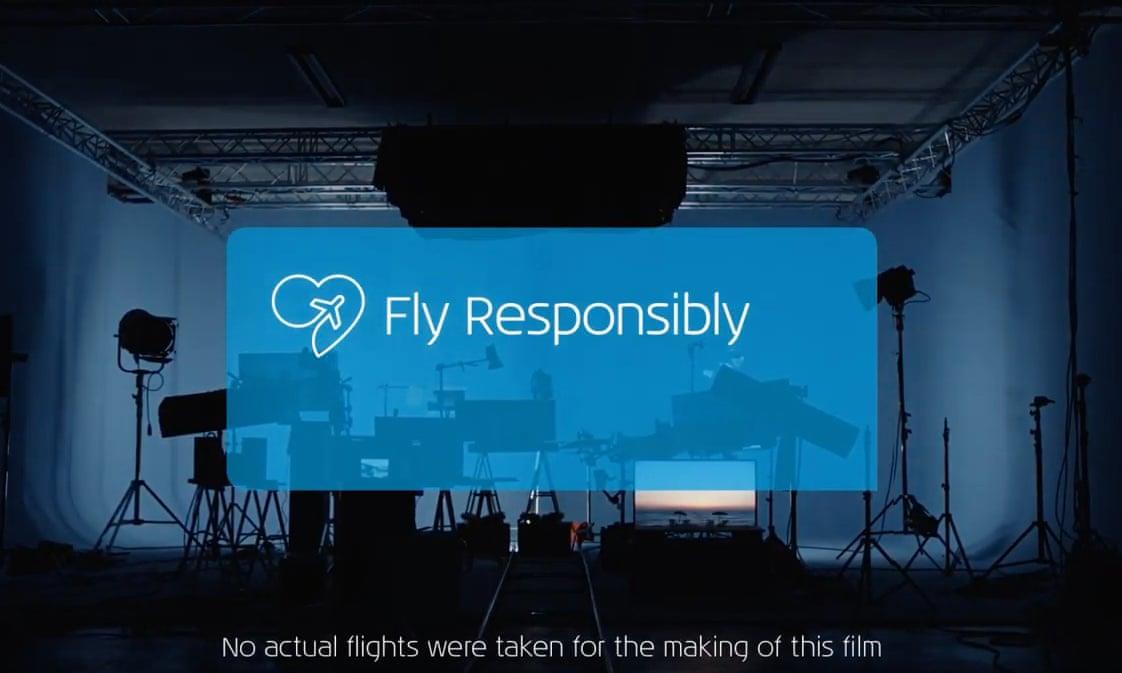 An image from the KLM video that encourages travellers to consider the environmental impact of flying. (Photo: KLM).
An image from the KLM video that encourages travellers to consider the environmental impact of flying. (Photo: KLM).
The campaign aims to encourage travellers and the aviation industry to consider the environmental impact of flying. It describes the “shared responsibility” of travellers and airlines to “fly more responsibly”, and says those in the industry need to “create a sustainable future for aviation”.
The aviation industry accounts for an estimated 2%-3% of the manmade CO2emissions in the world – a figure that is expected to increase with growing population, trade and wealth. KLM’s message comes at a time when the flight-shaming movement is becoming more influential and there is a rise in holidays by rail. Airline passenger growth is also at its lowest in more than three years, according to a traffic report by European airport trade association Airports Council International Europe(May 2019, at +3.1%).
The KLM campaign, which marks the airline’s 100th anniversary, calls on passengers to consider train travel for shorter distances and to replace face-to-face meetings with video calls. It also suggests packing lightly to reduce baggage weight so that planes uses less fuel, and to consider offsetting CO2emissions. The airline’s carbon-offset programme (CO2zero) uses passenger contributions for reforestation projects, including a new tropical forest in Panama.
However, critics have suggested that instead of asking the public to be aware of their actions, KLM, and other airlines, need to be considering solutions that lie with the industry itself. Justin Francis, founder of Responsible Travel, has called carbon-offsetting a “a dangerous distraction” from reducing emissions.
“Voluntary initiatives by customers are not enough; the cost of flying must increase … Responsible Travel advocates a Green Flying Duty, with the proceeds ringfenced for research and development into decarbonised aviation,” said Francis. “Carbon offsets are no substitute for carbon reduction. At the same time as telling customers to think about flying less, KLM will be telling its investors about its future growth.”
The airline acknowledges that the most impactful change would be to use sustainable fuel, which its research suggests would reduce CO2emissions from each flight by up to 85%. The airline itself is using 57 times more biofuel than in 2011, including for commercial flights, and is working towards developing a sustainable aviation fuel plant, which would run on organic waste including cooking oil and residue from other industries in the Netherlands and Benelux region. KLM said its sustainability initiatives have, so far, led to a relative reduction of 17% in CO2-emissions per passenger in 2018, compared with 2011.
But Anna Hughes, who runs Flight Free UK, sees much of the “greening” in aviation as problematic. “For aviation to become sustainable, the answer is simply not to fly,” she said. “And the simple fact is that climate change, exacerbated by our reliance on fossil fuels, will make it difficult for our children to inhabit [the] planet. While we welcome measures to make aviation more sustainable, airlines must be transparent about their contribution to the climate crisis.”
The climate crisis has led France to announce the introduction of an eco-tax on tickets for all flights leaving the country. The new tax will range from €1.50 for short-haul and up to €18 for long-haul in business class. At a press conference, transport minister Élisabeth Borne, said that €180m is expected to be raised annually from 2020, which will help finance daily transport in France, notably rail.
KLM has stated it is against this type of national CO2 aviation tax, because it believes Dutch passengers would travel by car to neighbouring countries, and continue to fly from there. On the company’s website, it says: “A global approach makes more sense. If the tax is implemented, we believe that it should be invested in sustainability of the aviation industry. National taxes will just go into the national coffers and won’t do anything to combat climate change.”
The airline also said it would not stop promoting air travel: “We are stepping up … progress towards a sustainable future but we are a company that needs to make a profit to survive and to continue to invest in sustainable solutions. We want to still be around when we have succeeded in our efforts to make aviation sustainable.”
The International Air Transport Association is backing the KLM campaign. Rafael Schvartzman, IATA’s vice-president for Europe, said: “We support it in the sense you do have a choice. In certain cases you could use the alternative.” But, he added: “The UK is an island. If you want to trade globally, you will have to count on aviation.”
Antonia Wilson – The Guardian






